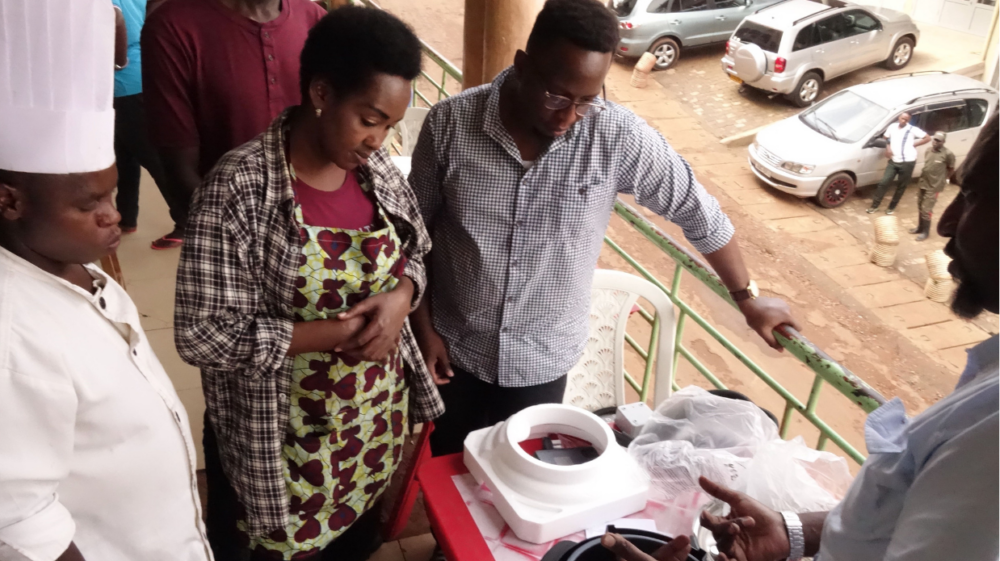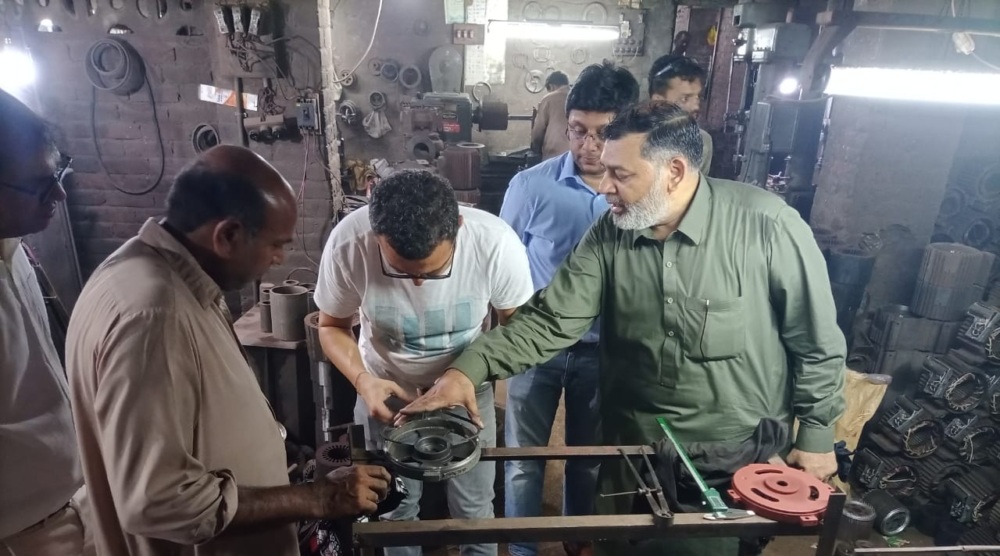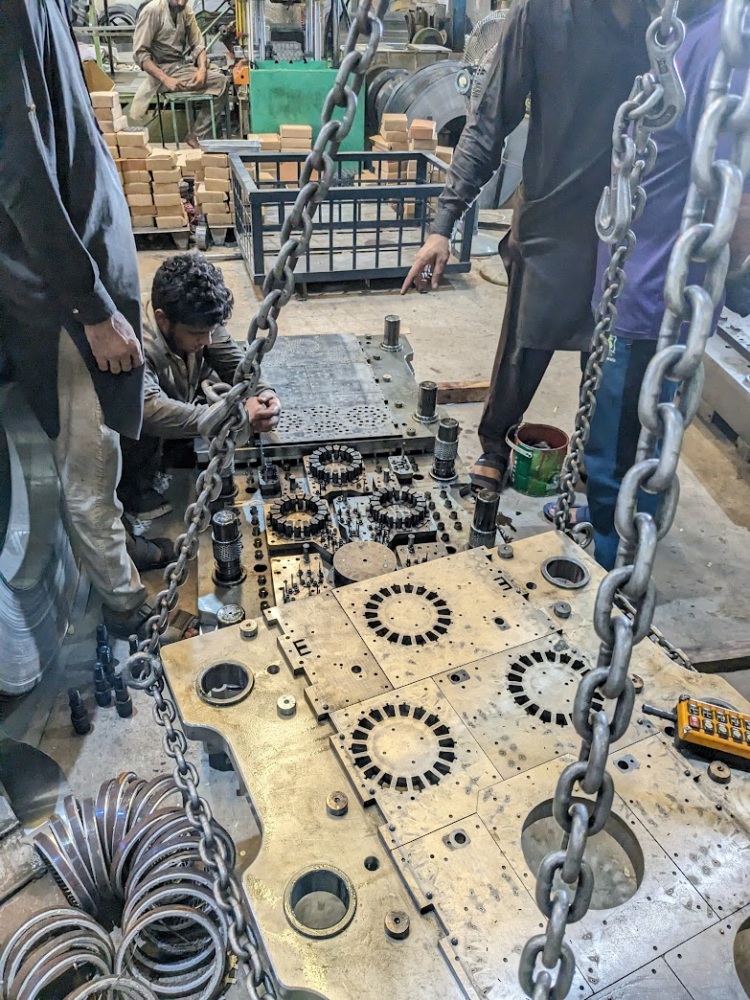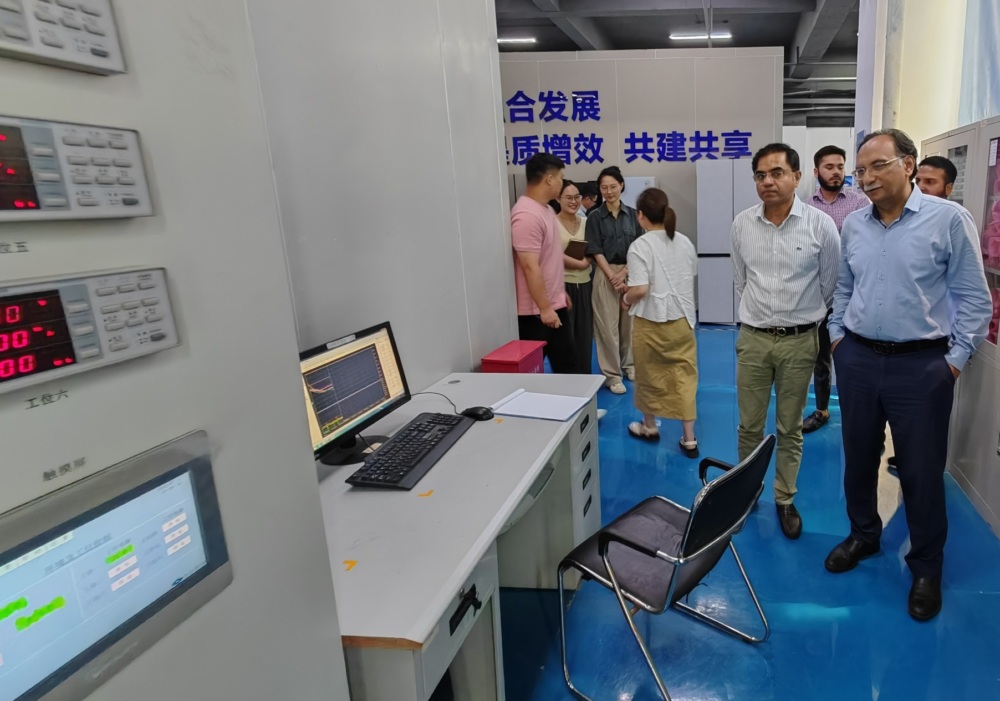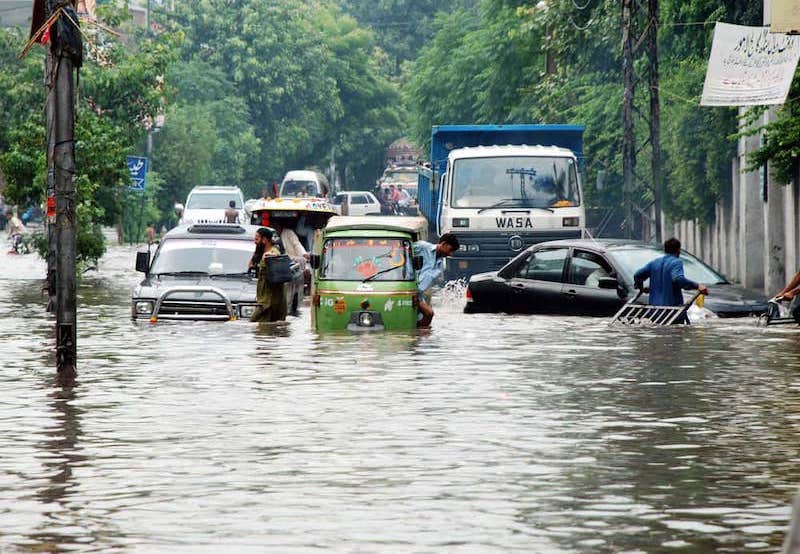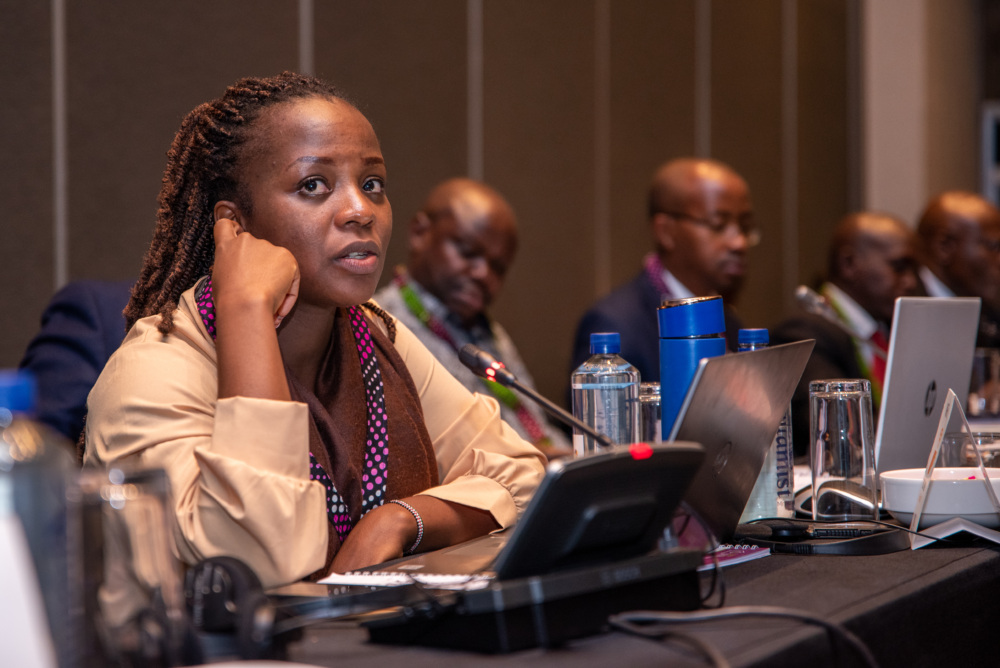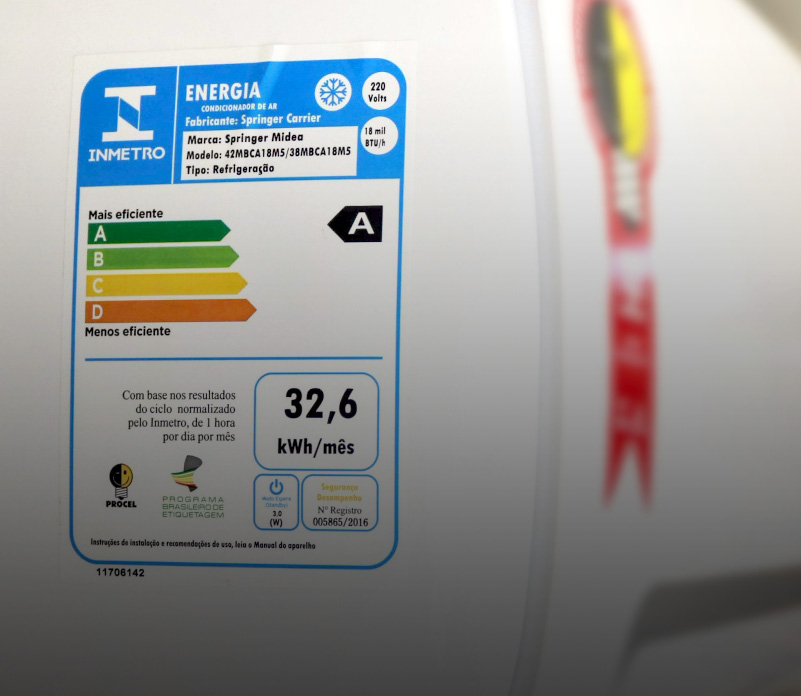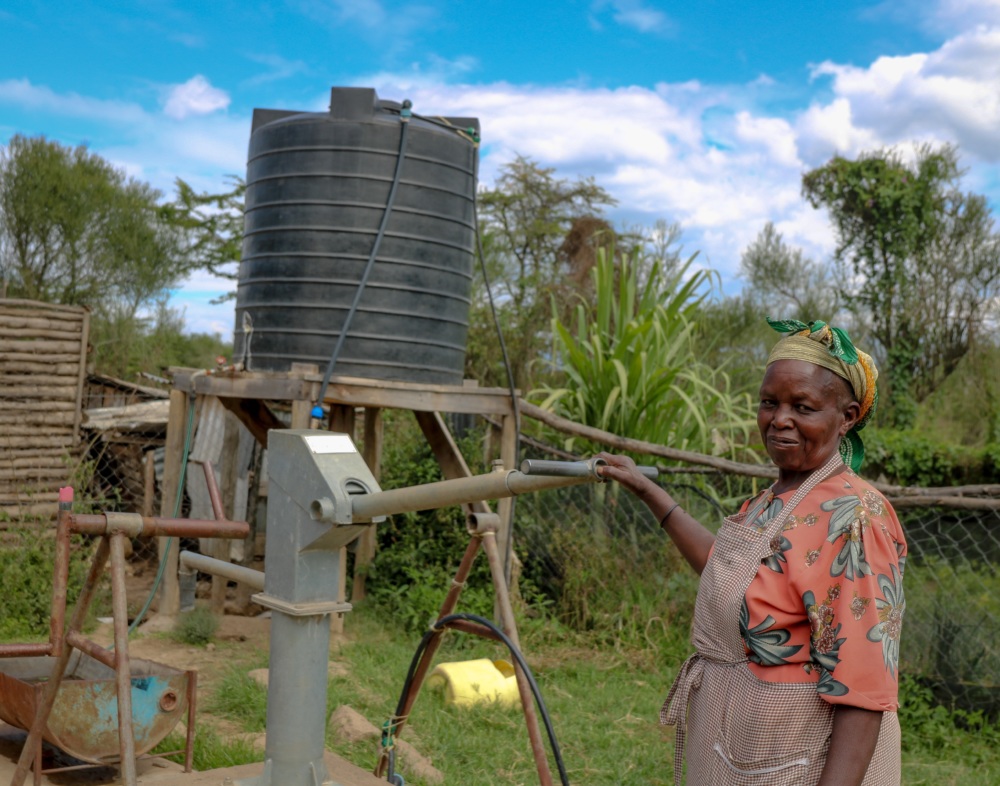Vietnam Workshop Highlights Regional Test Capacity
On November 18-19, CLASP hosted a workshop and laboratory visit in Ho Chi Minh City, Vietnam to strengthen air conditioner testing capacity and support efficiency policy compliance in Vietnam and among members of the Association of Southeast Asian Nations (ASEAN).
The event convened regional stakeholders to learn about the laboratory capacity available to support efficiency policy compliance. Attendees included policymakers, regulators and laboratory technical staff from eight countries – Vietnam, Thailand, Cambodia, Lao PDR, Myanmar, the Philippines, Indonesia and Malaysia – that have agreed to harmonize AC efficiency standards and test methods under the ASEAN Standardization Harmonization Initiative for Energy Efficiency (SHINE) program.
Earlier this year, CLASP led an inter-laboratory comparison exercise using a round robin testing method in which three laboratories in Vietnam tested several samples of the same AC model. CLASP’s technical partner, the Centro de Ensayos, Innovación y Servicios, witnessed testing at Quality Assurance and Testing Center (QUATEST) 3, the Testing and Verification Center for Industry, and the Midea Energy Efficiency Testing Laboratory, and evaluated opportunities to improve their procedures for greater accuracy, reliability and efficiency.
The participating laboratories each received an individualized report that included feedback and recommendations on facilities and equipment, testing preparations and processes as per ISO 17025 – General Requirement for the Competence of Testing and Calibration Laboratories standard requirements. CLASP is producing a report for public release that summarizes findings from the exercise to inform regional testing stakeholders and serve as a resource for other, similarly situated laboratories that have not participated in inter-laboratory comparison activities.
The November workshop was an opportunity for participants to learn about the round robin testing outcomes and gain a deeper understanding of regional laboratory capacity.
Policymakers from several countries said the workshop provided useful insight into how they can use other countries’ laboratory capacity to advance domestic policy goals. “The workshop illustrated to policymakers from other ASEAN countries without their own laboratories that there is competent testing capacity in the region,” said Lina Kelpsaite, a CLASP senior associate who managed the round robin testing. “Relying on existing facilities, for example through mutual recognition agreements, could help advance national efficiency policies and market surveillance efforts faster or more cost-effectively than focusing on building expensive new testing laboratories for air conditioners,” she added. Other governments in the region do not currently contract with the Vietnamese labs.
Prior to the workshop, participants visited the Vietnamese government’s QUATEST 3 facility, which participated in the inter-laboratory comparison exercise. The visitors toured the balanced calorimeter test room and had opportunities to question lab staff about the scope of testing, test set up, and processes to ensure accurate test results.
The US Department of State funded the round robin testing exercise and the workshop under the Asia EDGE Initiative Air Conditioning Efficiency project, which supports Lower Mekong partner countries in the implementation of sustainable energy policies and compliance frameworks to improve their energy security and economic development.
In June, CLASP published four air conditioner market studies assessing the state-of-play of room AC markets in Vietnam, Kenya, the Philippines and Thailand, as well as the potential impacts from different minimum energy performance standard and energy efficiency labeling policy scenarios. The report on the Vietnamese market found the country is experiencing a rapid shift toward more efficient air conditioners thanks in part to the introduction of a seasonal performance metric in 2015. It used market conditions and forecasts to model the impacts of multiple policy scenarios and provide policy recommendations.


